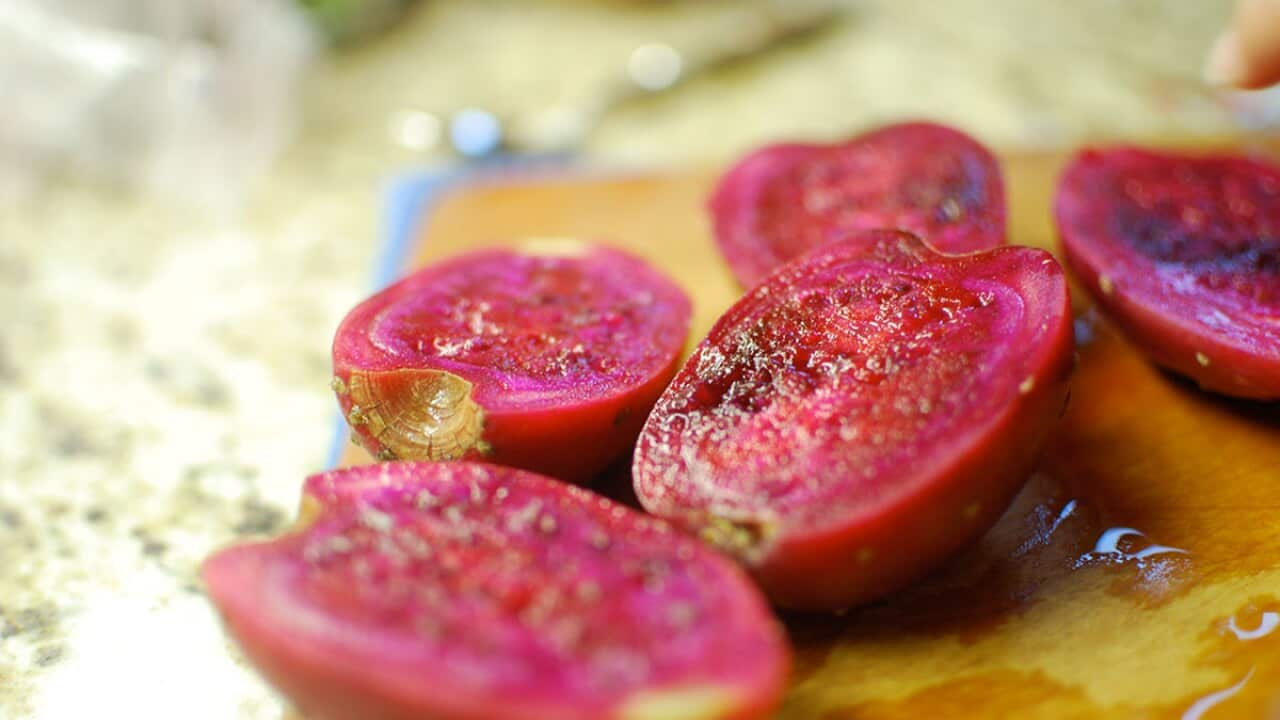The sun-kissed Maltese archipelago, cast within the Mediterranean Sea between Sicily and North Africa, has experienced one of the world’s longest-running love affairs with the humblest of foods.
The enduring object of dinner table affection in Malta, spanning centuries and involving generations of Maltese families, is none other than bread. The traditional Maltese round sourdough loaf () – finished with a crunchy wood-fired exterior and fluffy centre – has one of the longest-recorded bread histories in the world.
The existence of the staple food in Malta dates back to the , although archaeological evidence indicates that Neolithic farmers originating from Sicily were already cultivating wheat on the islands long before – from around 5,000 BC.
Last year, , a close cousin of the traditional loaf, to its Intangible Cultural Heritage of Humanity list. Maltese ftira is a handmade, ring-shaped flattened sourdough bread that uses the same ingredients as other loaves but is prevented from rising once the baker pinches a hole in the middle. It’s believed that this process has remained relatively unchanged since it was first created back in the 1500s when the Knights Hospitaller (or Order of Saint John as a vassal state of the ruled Malta.
Politics, hunger and social power: the influence of bread in Malta
However, bread in Malta doesn’t just carry a topping of history. As the anthropologist and food historian, tells SBS, bread has been associated with politics and at times, social power.
Until the point that Malta gained independence in 1964, it was ruled by . For thousands of years, Malta has been occupied by the Phoenicians, Romans, Arabs, Normans, Knights Hospitaller, French and British. Foreign occupation has often meant that the country depended on imports for grain.
Buttigieg explains that in the 1500s, under the , Malta relied on grain imports primarily from Sicily. “You can say that every government since then had the solemn obligation of trying to find ways of how to keep the granaries full,” Dr Buttigieg says during episode two of the series, .
“So if a government wanted to get rid of any social unrest, the only way how to sort that out was by making sure that the people were fed. And in this case, they were fed bread.”
The reverse has also been true, where a lack of bread led to a rise in social tensions. In 1919, the Maltese people protested (in part) over the frequently rising price of bread that had left many people starving. The resulted and four people died when British troops fired into the crowd. Malta now commemorates this tragedy with a national holiday held annually on 7 June.
A love of bread across households and centuries
Breadmaking has had such a powerful and long history in Malta that it’s entrenched within the country’s culinary and social fabric. I’d be surprised if most families didn’t have a story about their adoration of bread to tell.
My own family’s love story can be traced back to my great-grandfather and grandfather (nannu in Maltese). Nannu was born in Qormi – a location that’s called the city of bread making or Casal Fornaro: ‘the baker’s town’. He and his father both worked at a , run by the British military.
During World War Two, bread security on the vulnerable naval island was at risk. So NAAFI – a goods importer and producer – served thousands of kilograms of bread and biscuits every day to feed the large number of Allied navy personnel stationed in Malta at the time.
With such a family history, it’s no wonder that my mother – who was born in Malta – appreciated bread more than caviar or wine. I observed how she religiously baked bread my whole life. Her attachment to the taste of the staple always appeared transformative. It reminded her of home and now I realise, it fed her genes.
The smell of singed breadcrumbs wafting beyond her kitchen would remind her of her uncle’s bakery in Hamrun. I recall her nostalgically detailing how she used to love nothing more than watching the bread business in action. Mum – as a child – would join her cousin at the bakery to devour a warm bread roll spread with butter and topped with ham. This small act helped to forge her lifelong passion for bread eating.
Knowing how important bread has been to the survival, prosperity and identity of Malta over time makes that simple slice of crusty sourdough taste even more satisfying.
Yet my family’s bakery story is just one of the thousands – if not millions – scattered over centuries that describe the Maltese love affair with bread.
Bread is a food that’s close to the heart of almost everyone living in the Maltese archipelago.
If you’re a person of Maltese heritage residing in Australia who loves bread, now you know why: it’s part of your history and it’s in your blood. Knowing how important bread has been to the survival, prosperity and identity of Malta over time makes that simple slice of crusty sourdough taste even more satisfying.








